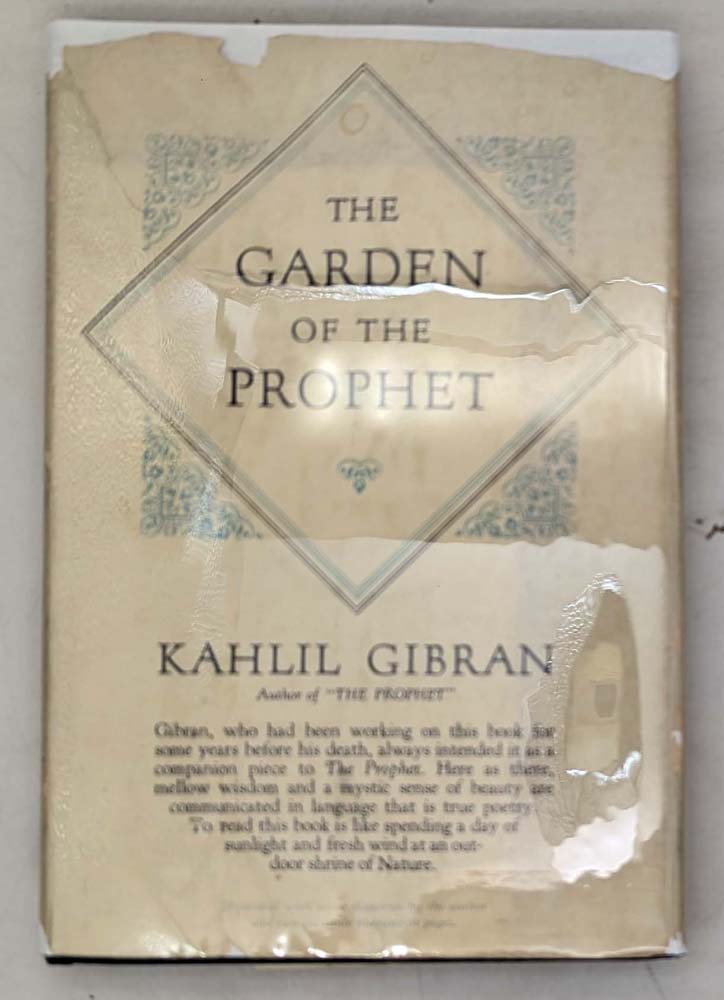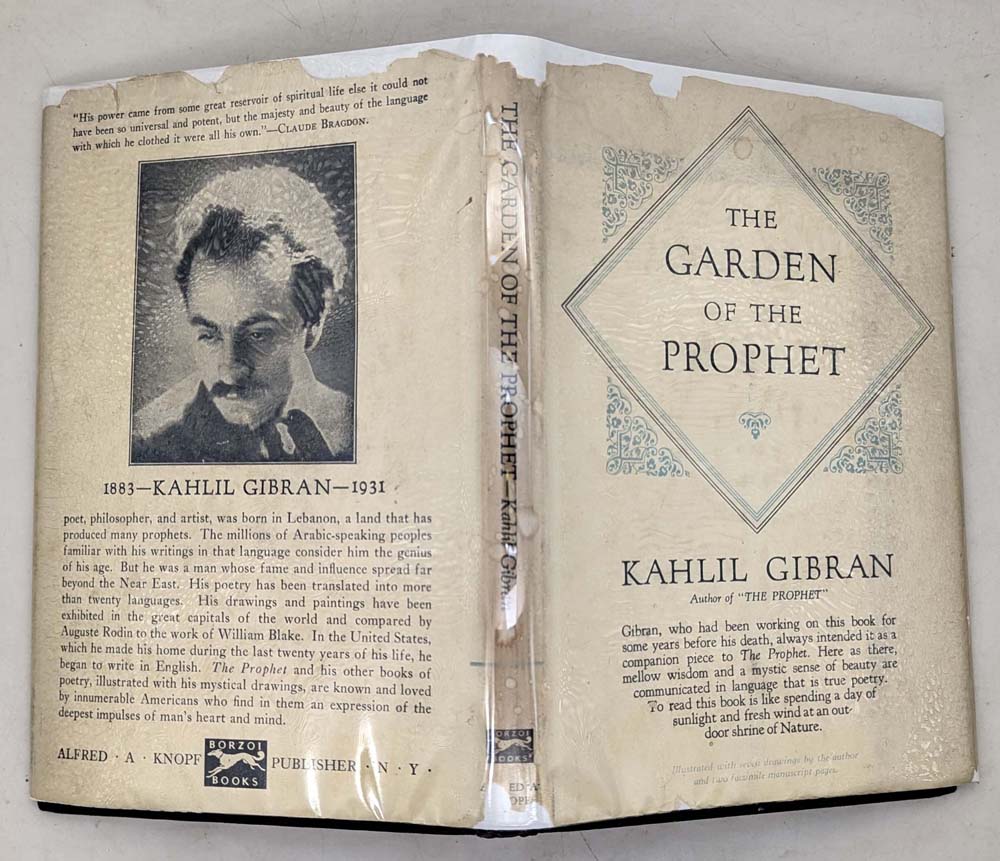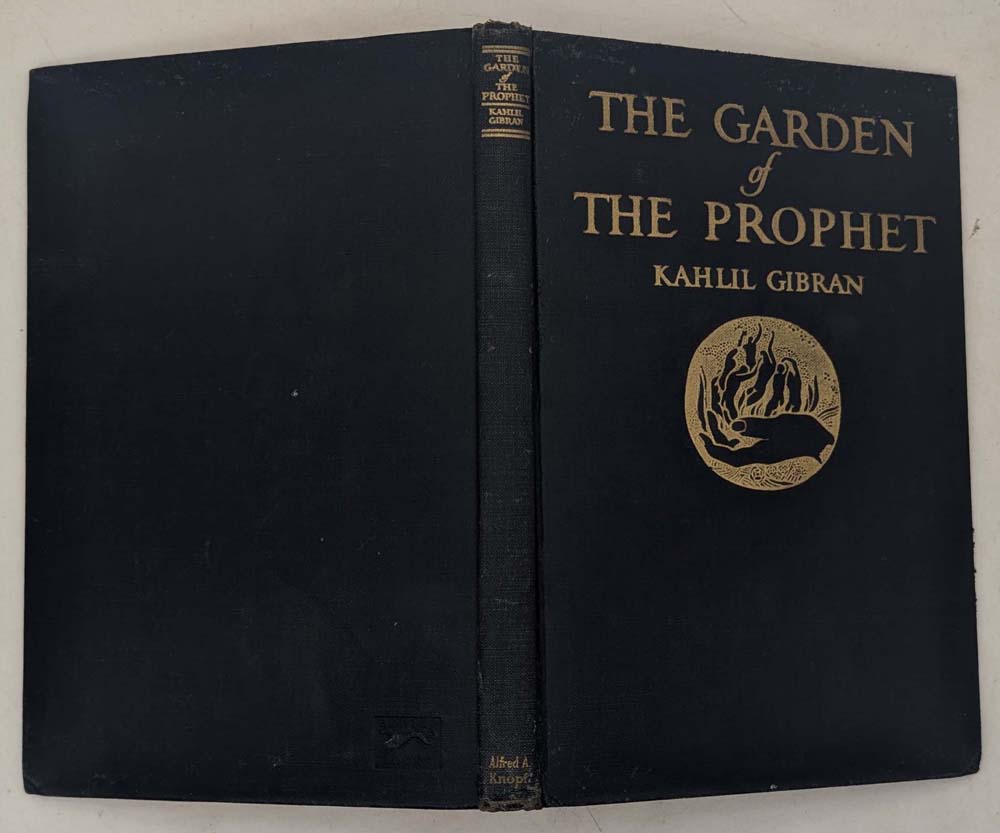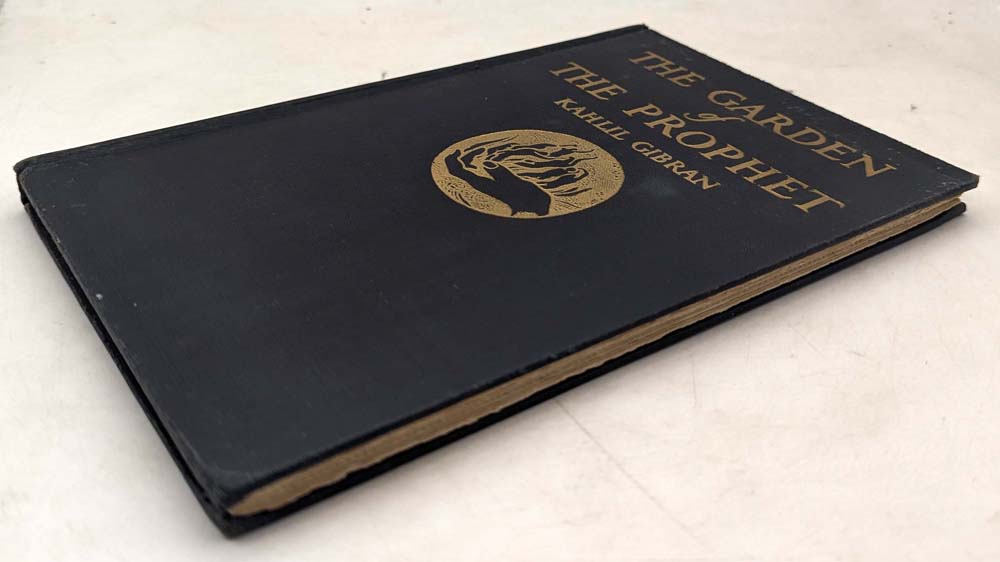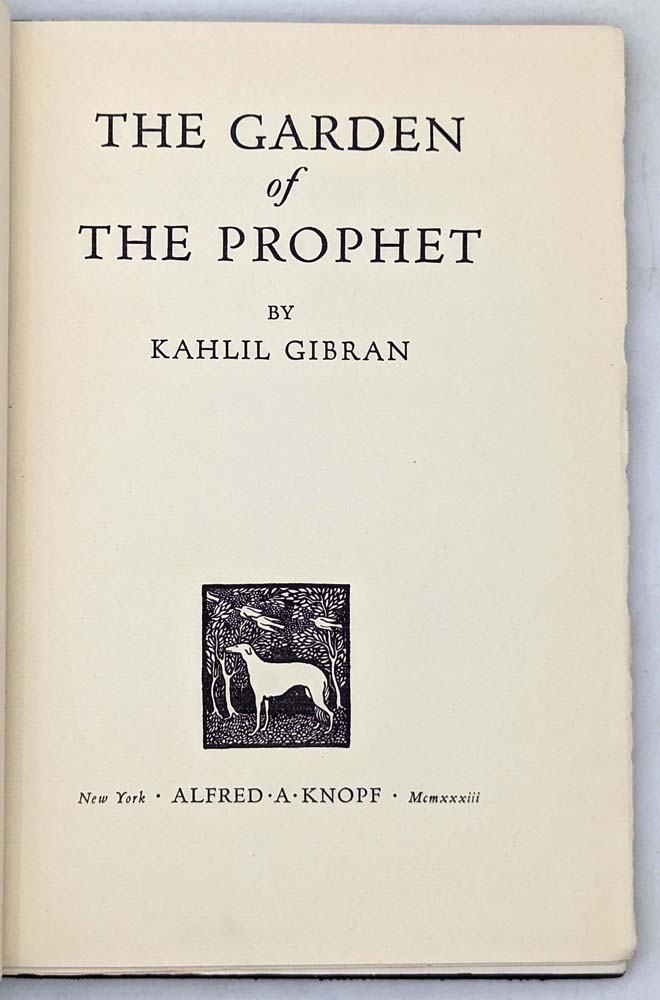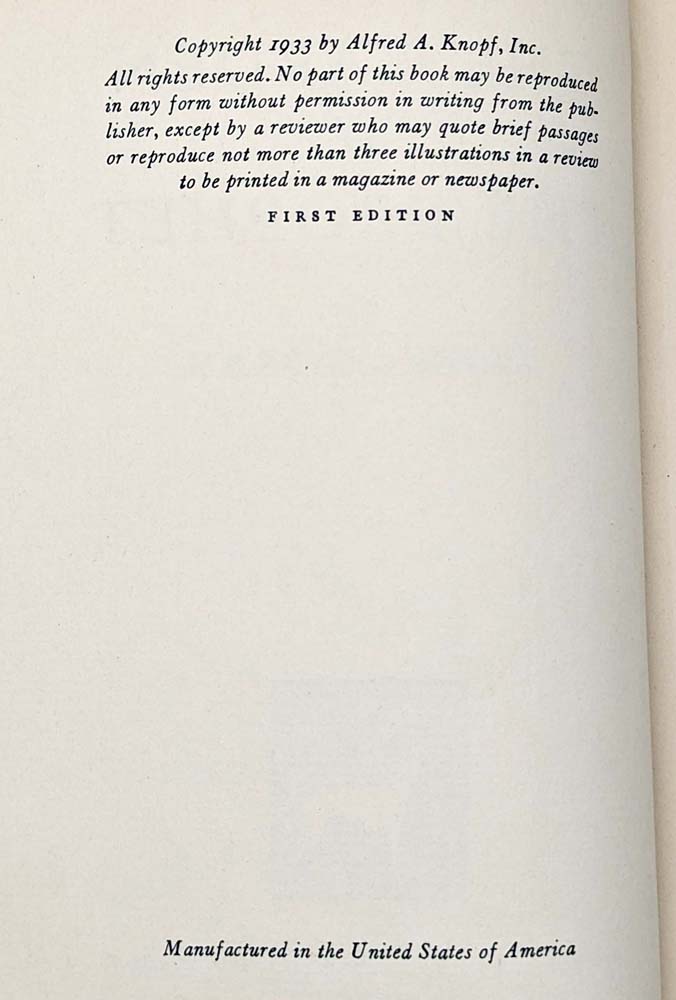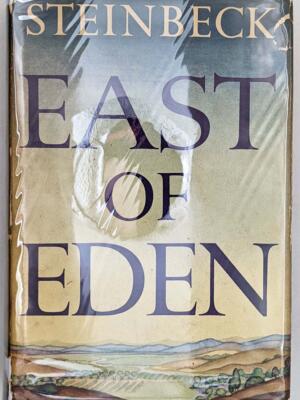The Garden of the Prophet by Kahlil Gibran is a lyrical and philosophical sequel to his celebrated work, The Prophet. Published posthumously in 1933, it continues the spiritual journey of Almustafa, the wise protagonist who, after returning to his native island, shares deeper reflections on humanity’s bond with nature, love, and divine truth.
Set in a tranquil garden, the book unfolds as a series of poetic meditations—structured as dialogues between Almustafa and his followers—on themes like solitude, growth, freedom, and the eternal cycles of life and death. Gibran’s prose, rich with mystic imagery and allegory, evokes the harmony between human existence and the natural world, portraying the garden as a metaphor for the soul’s unfolding wisdom.
While The Prophet offers universal life lessons, The Garden of the Prophet delves more intimately into the interplay between earthly beauty and transcendent truth, resonating with readers seeking contemplative solace. A timeless companion to Gibran’s masterwork, this book illuminates his enduring vision of unity, penned with the same eloquence and reverence for the sacred in all things.
